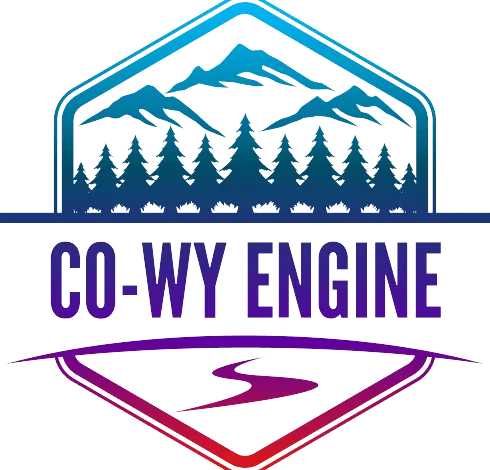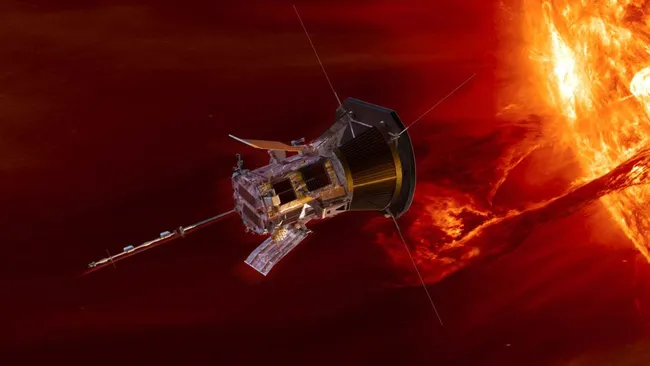Colorado-Wyoming Climate Resilience Engine Partners with Microsoft to Launch Digital Twins Accelerator

The Colorado-Wyoming Climate Resilience Engine (CO-WY Engine) has announced a strategic collaboration with Microsoft’s TechSpark program to launch an innovative business accelerator focused on digital twin technology, Globe Newswire reports.
Known as the Digital Twins Deployment Accelerator, the program aims to support the development and commercialization of digital twin solutions that advance climate resilience.
Set to launch in late 2024, the accelerator will provide business, technical, and commercialization support to 10-12 startup ventures specializing in digital twin technology. These virtual models, or “digital twins,” replicate physical objects, systems, or processes in a digital environment, enabling simulation, testing, and analysis. This technology has the potential to drive advancements in sectors such as renewable energy, water resource management, carbon accounting, and regenerative agriculture.
The CO-WY Engine, a regional initiative led by Innosphere Ventures, a Fort Collins, Colorado-based nonprofit technology incubator, first secured funding from the National Science Foundation (NSF) in March 2024. With the new collaboration from Microsoft, the CO-WY Engine will gain essential resources, expertise, and funding to help climate resilience-focused startups succeed.
“We look forward to collaborating with Microsoft to ensure the success of this visionary initiative,” said Emily Wilson, administrator of the CO-WY Engine and a Microsoft TechSpark Fellow. “Microsoft’s involvement will provide critical resources and bolster the accelerator’s capacity to support startup ventures that are poised to make a significant impact on the digital twins ecosystem.”
Microsoft will contribute $50,000 to support the Digital Twins Deployment Accelerator as part of its broader TechSpark initiative. TechSpark is a program designed to create economic opportunity in communities across the US by promoting digital skills, supporting local nonprofits, and fostering job creation.
“Microsoft’s TechSpark program works closely with local community organizations to develop digital skills, support nonprofits, and create jobs,” said Mike Egan, Senior Director of Microsoft TechSpark. “Working with organizations like the CO-WY Engine will help realize the potential of technology and foster greater economic opportunity in Colorado, Wyoming, and beyond.”
The collaboration with the CO-WY Engine is part of Microsoft’s larger mission to promote inclusive economic development, encourage job creation, and drive technological innovation. Last year, TechSpark-backed initiatives secured more than $177 million in funding, reached 48,000 community members, and engaged 548 partner organizations in 42 communities across the nation.
The Digital Twins Deployment Accelerator is designed to stimulate economic growth in the Colorado-Wyoming region by supporting startups that leverage digital twin technology. By offering resources and guidance to early-stage companies, the accelerator will foster entrepreneurship, encourage job creation, and attract investment in the climate resilience sector.
According to the CO-WY Engine, the initiative will also emphasize inclusivity, ensuring that traditionally underserved communities benefit from advancements in digital twin technologies. The program will collaborate with research universities, federal laboratories, tribal communities, workforce centers, and community colleges to ensure broad access to resources.
The accelerator’s core objectives include:
- Supporting startups and early-stage ventures in developing digital twin solutions.
- Stimulating job creation and regional economic growth.
- Encouraging inclusive development to benefit underserved communities.
- Building a broad coalition of partners, including universities, federal labs, and workforce centers.
By focusing on co-production and equity, the CO-WY Engine aims to ensure that climate resilience efforts are inclusive and beneficial to communities that are disproportionately affected by climate change and economic shifts.
Digital twins are virtual representations of physical objects, systems, or processes that allow users to simulate, analyze, and optimize real-world scenarios. They are commonly used to test and refine new technologies or infrastructure before they are deployed in the physical world.
In climate resilience, digital twins offer powerful tools for decision-making. For example, utilities can create digital twins of renewable energy grids to optimize performance and manage fluctuations in solar and wind energy. Similarly, water resource managers can use digital twins to predict and plan for water availability during periods of drought.
These capabilities make digital twins an essential tool for managing complex environmental challenges, especially in regions like Colorado and Wyoming, which face a variety of climate-related risks.
The Colorado-Wyoming Climate Resilience Engine (CO-WY Engine) is a collaborative initiative focused on driving climate resilience and sustainability through technology and innovation. The organization works to commercialize technologies that address critical environmental challenges, foster economic growth, and promote community well-being.
Backed by the National Science Foundation (NSF) and led by Innosphere Ventures, the CO-WY Engine operates as a regional hub for climate-related research and development. The Digital Twins Deployment Accelerator is the latest effort by the CO-WY Engine to support innovation and strengthen climate resilience in the region.
As the CO-WY Engine and Microsoft prepare for the 2024 launch of the Digital Twins Deployment Accelerator, the initiative has the potential to reshape how climate resilience solutions are developed and deployed. By supporting startups and promoting innovation in digital twin technology, the accelerator could create new economic opportunities while advancing critical climate adaptation measures.
This collaboration marks a significant step forward in using technology to tackle climate-related challenges and underscores the growing importance of digital twin technology in modern energy systems, water management, and sustainable development.








